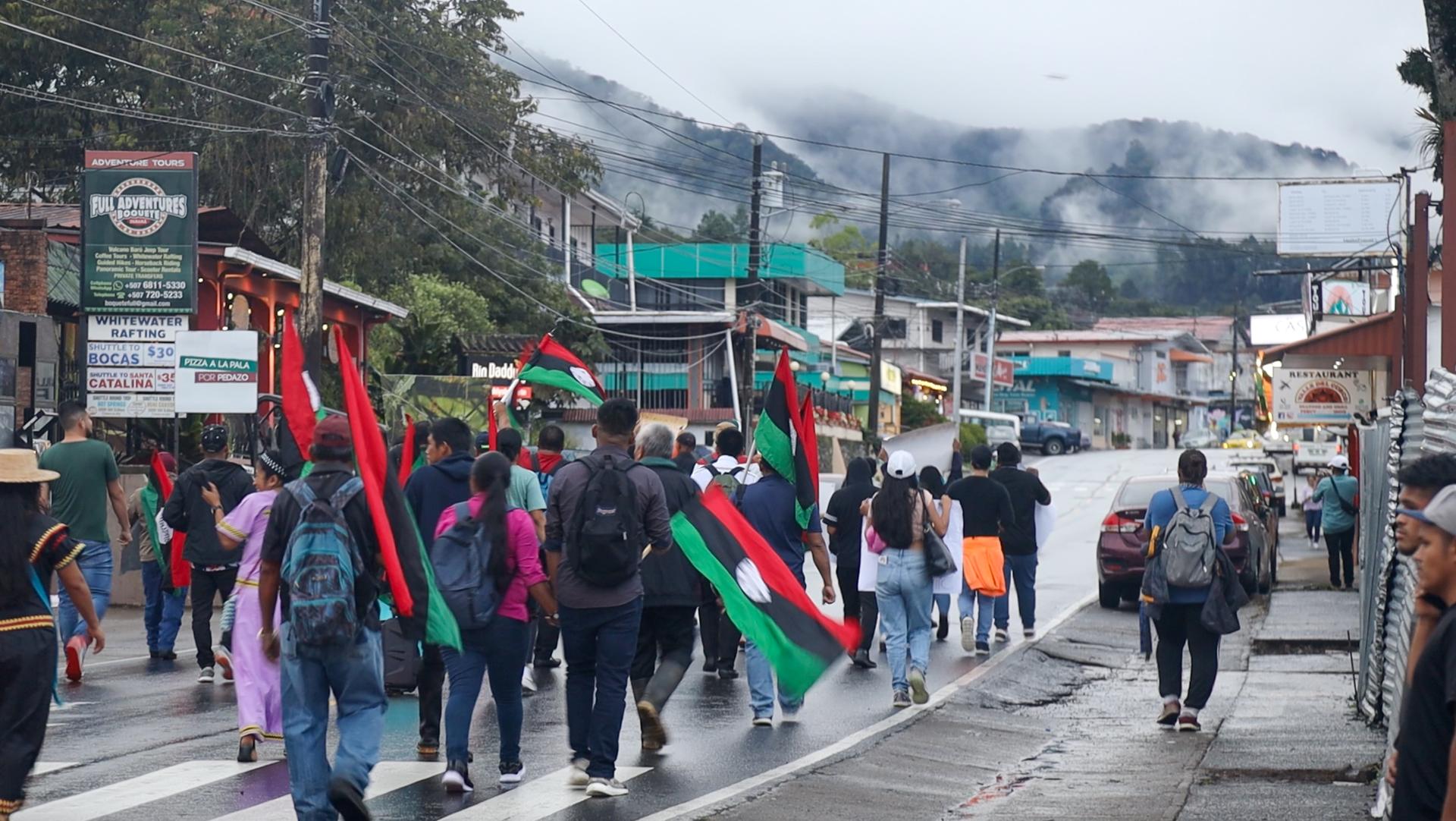Thousands of protesters in Panama have blocked roads and shut down major portions of the Pan-American Highway this week over a government decision to fast-track a contract with a copper mining company.
Cobre Panamá is a massive copper mine owned by First Quantum Minerals that has been in production since 2019. In 2021, the Supreme Court declared the government contract with the mine unconstitutional for not living up to stipulations that it serves the “public good.”
Panamá has been renegotiating a new contract over the last two years, attempting to provide financial benefits to the state.
And this contract was fast-tracked through Congress last week, sparking outrage on the streets. Some unions have announced multiple-day strikes while schools have been closed.
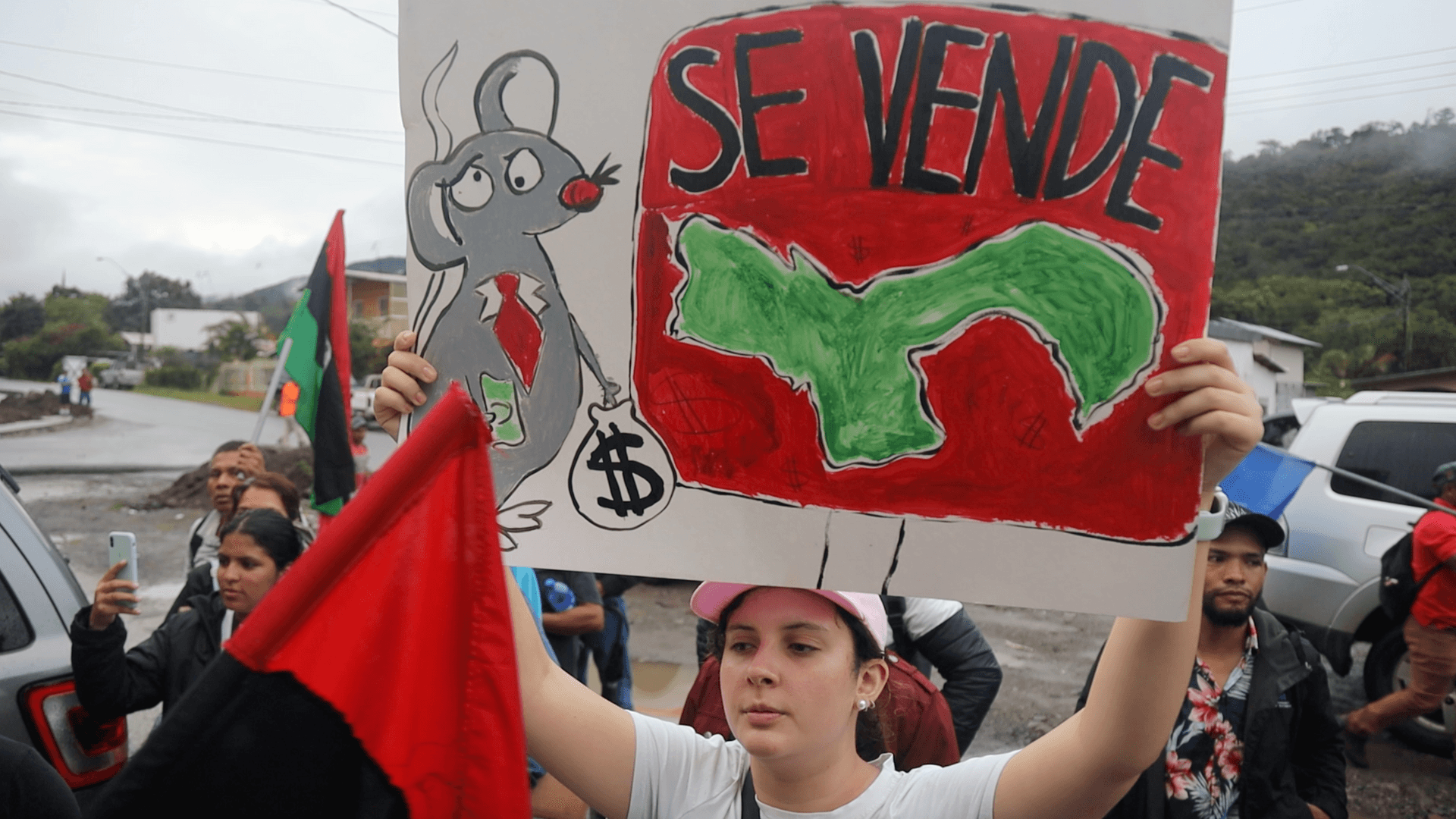
Commerce Minister Federico Alfaro praised the deal on the Panama news outlet Telemetro. He said it would safeguard 40,000 jobs and provide windfall profits for the Panamanian state.
“The agreement ensures a minimum payment to the state of $375 million a year for the next 20 years” — more than 10 times what Panama previously received yearly from the mine, he said.
But former ally to the president, lawmaker Zulay Rodríguez, attacked the deal on the congressional floor.
“You have opened Pandora’s box,” she said. “You are going to bring devastation, and death. Not just for the Panamanian people, but for our water resources.”
It’s a view widely shared by Panamanians across the country.
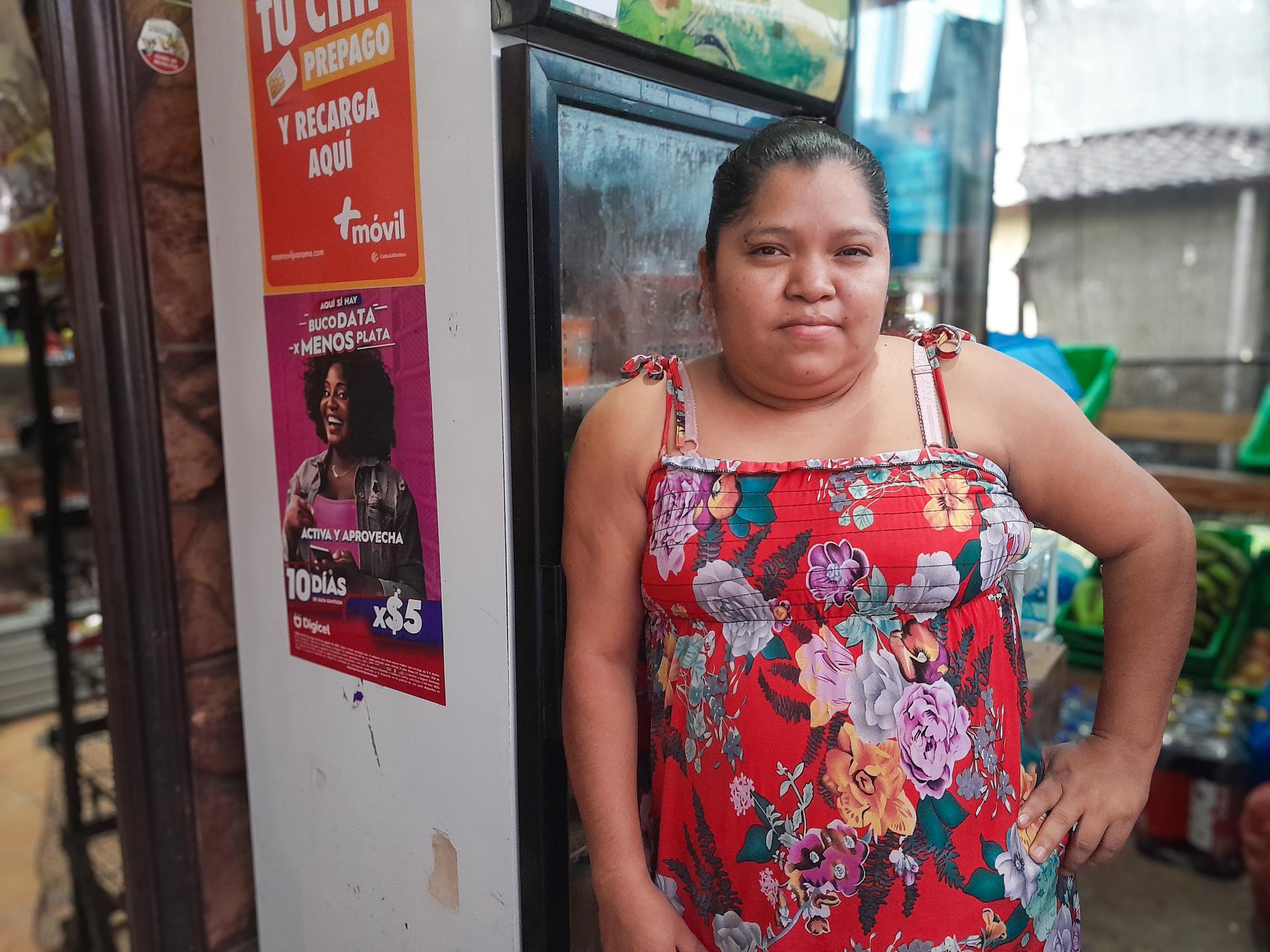
“We are saying no to mining, no to exploitation,” said Juan Smith, who participated in a protest in Boquete, a town in the hills of western Panama. “It brings contamination with it. And it hurts the environment. That is not what we want.”
He and other protesters say they want to see the new contract revoked and the mine shut down.
Until then, the protests show no sign of slowing down.
“Until the government revokes this deal, the people will be in the streets,” Smith said.
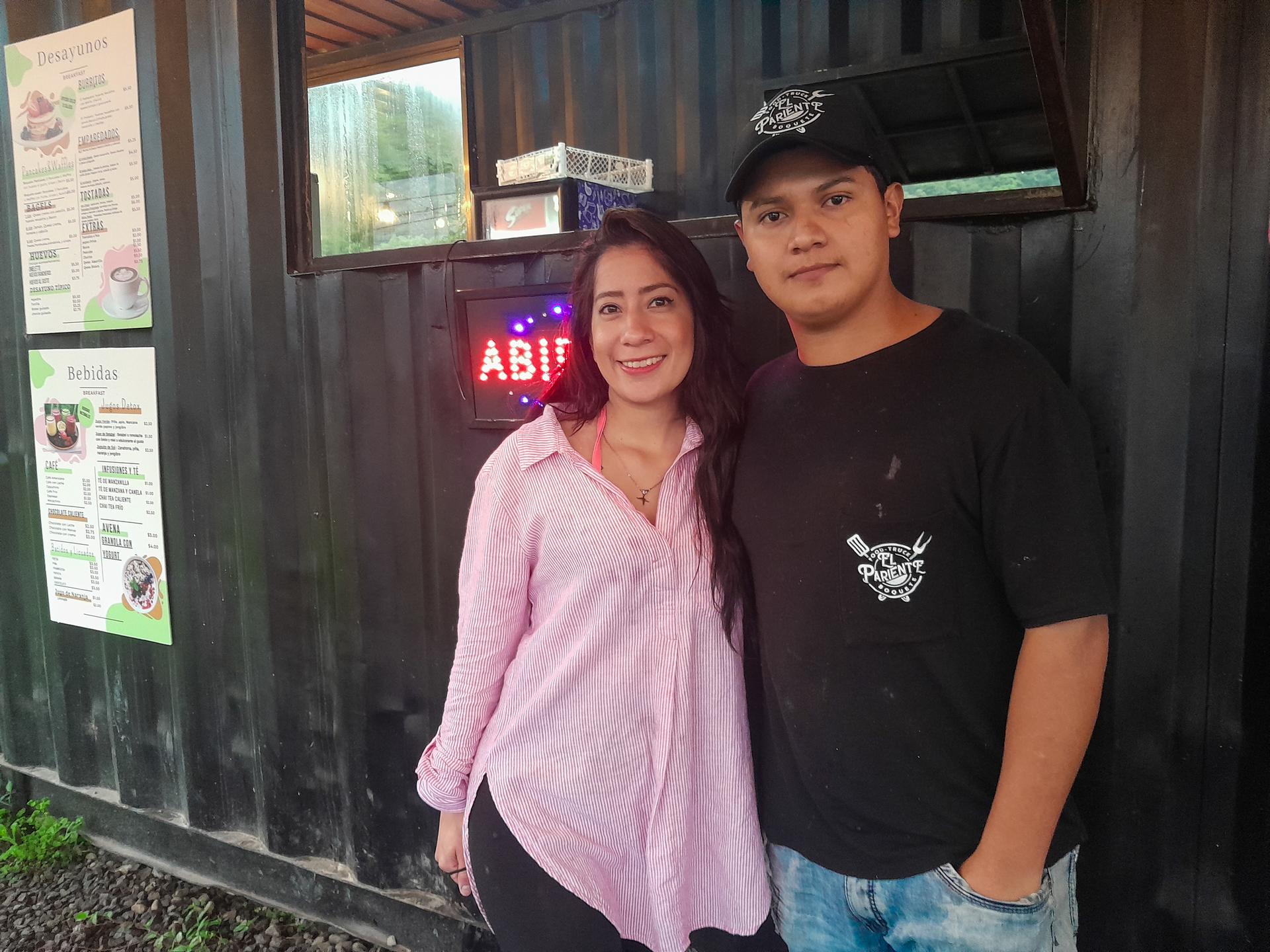
Last year, huge demonstrations against inflation and gas prices shut down the country for weeks. Many fear the country may be heading for a repeat, if the president doesn’t revoke the contract.
In an effort to calm the country, President Laurentino Cortizo responded to the protests in a national address on Tuesday.
He said the mining deal was a huge victory, with negotiations carried out over two years and a sufficient process of community consultation.
He also shot back at environmental concerns, stating, “we managed to include, among other aspects, a reforestation plan, a mine closure and postclosure plan, and permanent onsite supervision and control of compliance with its contractual obligations in environmental matters.”
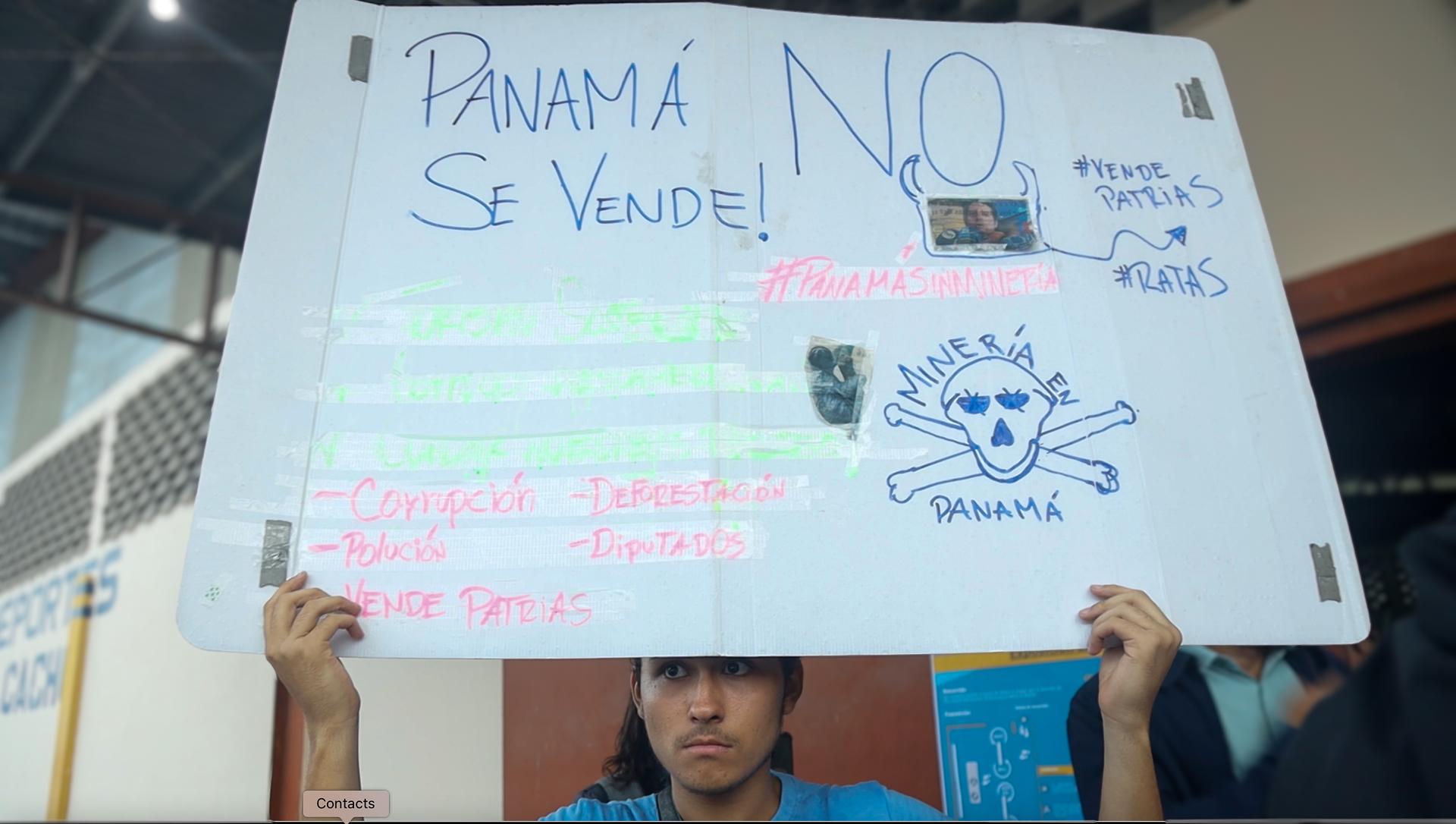
He told Panamanians that his government would start using money received as royalties from the mine next month to lift retiree pensions to a minimum of $350 a month. But many Panamanians said his statements only fanned the flames.
“That is for a few. Not for everyone. Meanwhile, we are all affected by the mine,” said Iselina Guerra, who works at a corner store on the edge of Boquete. “This is about the environment. About the rivers that will be contaminated. While the president is only thinking about his own economic interests, not the well-being of all Panamanians.”
Guerra said she believed the protests were the only way to force the government to revoke the agreement.
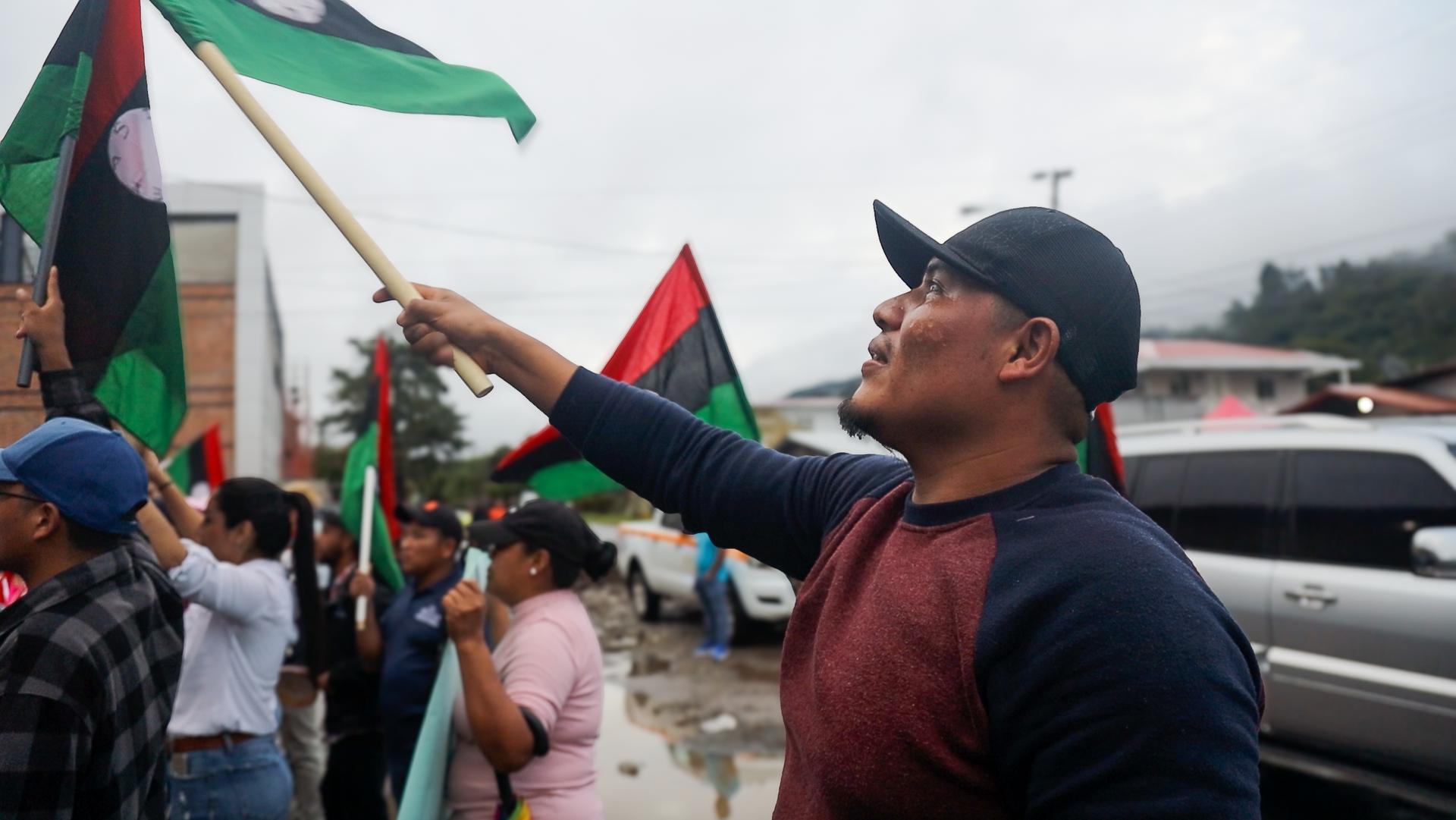
But the police are cracking down. There have been more than 40 arrests and violence. And areas that depend on tourism are concerned for the impact of the protests if they ripple on — particularly ahead of the country’s Independence Day celebrations from Nov. 3 to Nov. 5.
“You really count on those days for your business,” said Noriel Hernandez, who works at a roadside food truck in the hills of western Panama. “They’re the busiest days of the whole year. When your business is going slow, that holiday is a huge lift, but with all this that is happening, we will see.”
The story you just read is accessible and free to all because thousands of listeners and readers contribute to our nonprofit newsroom. We go deep to bring you the human-centered international reporting that you know you can trust. To do this work and to do it well, we rely on the support of our listeners. If you appreciated our coverage this year, if there was a story that made you pause or a song that moved you, would you consider making a gift to sustain our work through 2024 and beyond?
